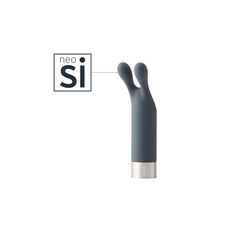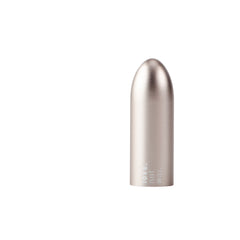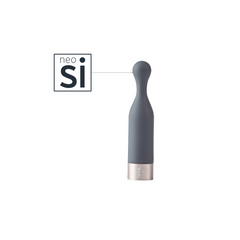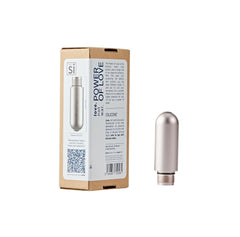We’ve all heard about how we should be doing it, but actually how important is it to be running to the bathroom after getting intimate? While it’s not the most glamorous topic, urinating after sex is a crucial aspect of your sexual health that often goes unnoticed. And so with that in mind, at Love Not War, we’re talking about the risks and importance around peeing after sex.
So what are the risks involved?
Urinary Tract Infections (UTIs)
A urinary tract infection (UTI) is an infection in any part of the urinary system, including the kidneys, ureters, bladder and urethra. Most infections involve the lower urinary tract made up of the bladder and the urethra. UTIs occur when bacteria finds its way into the urinary tract through the urethra and makes its way into the bladder.
What are the symptoms?
While UTIs don’t always have symptoms, some of these can include:
- A constant urge to urinate
- Urinating often, in small amounts
- A burning sensation when urinating
- Urine that looks cloudy or red/pink coloured
- Strong-smelling urine
- Pelvic pain (in vagina owners)
Are certain people more prone to UTIs than others?
UTIs occur more commonly in vagina owners, with factors such as birth control, sexual activity and abnormalities in the urinary tract increasing the risk of contraction.
Those with a vagina are more prone to UTIs after sex because the bacteria has to travel a shorter distance to enter the bladder. This is due to the path from the urethra to the bladder being short, so the bacteria doesn’t have to travel very far to cause a UTI.
Remembering to pee after sex is a great way to help to flush out the bacteria from your bladder and reduce the risk of infection.
What about Sexually Transmitted Infections?
While peeing after sex may reduce the risk of UTIs, it won’t prevent you from the risk of contracting Sexually Transmitted Infections STIs.
It’s important to make sure to practice safe sex by also using barrier methods such as condoms to reduce the risk of STIs. Open communication with your partner about sexual health is key to ensure you’re staying safe.
It’s not just a women's problem!
While women are the ones more prone to UTIs, men can also benefit from urinating after sex. It helps in preventing potential infections and promotes good genital hygiene. Moreover, it can help men identify any issues related to their urinary tract health, as discomfort or pain while urinating after sex might indicate an underlying problem that needs medical attention.
When do you pee after sex?
There’s no specific timeline for when you need to pee after sex, and there’s no need to force yourself if you don’t need to go but it’s important to remember to pee at some point following intercourse.
It’s also important to make sure you’re well hydrated enough to pee often, so make sure to be drinking enough fluids throughout the day.
The bottom line is that urinating after sex is an important part of practicing good sexual health. Being mindful of your body and how it responds to certain situations is also all part of that. As well as getting to know yourself, what you like and what you don’t like, using lube when it's necessary and always remembering to keep the lines of communication open with your partner(s) are all important aspects of good sexual health.
















